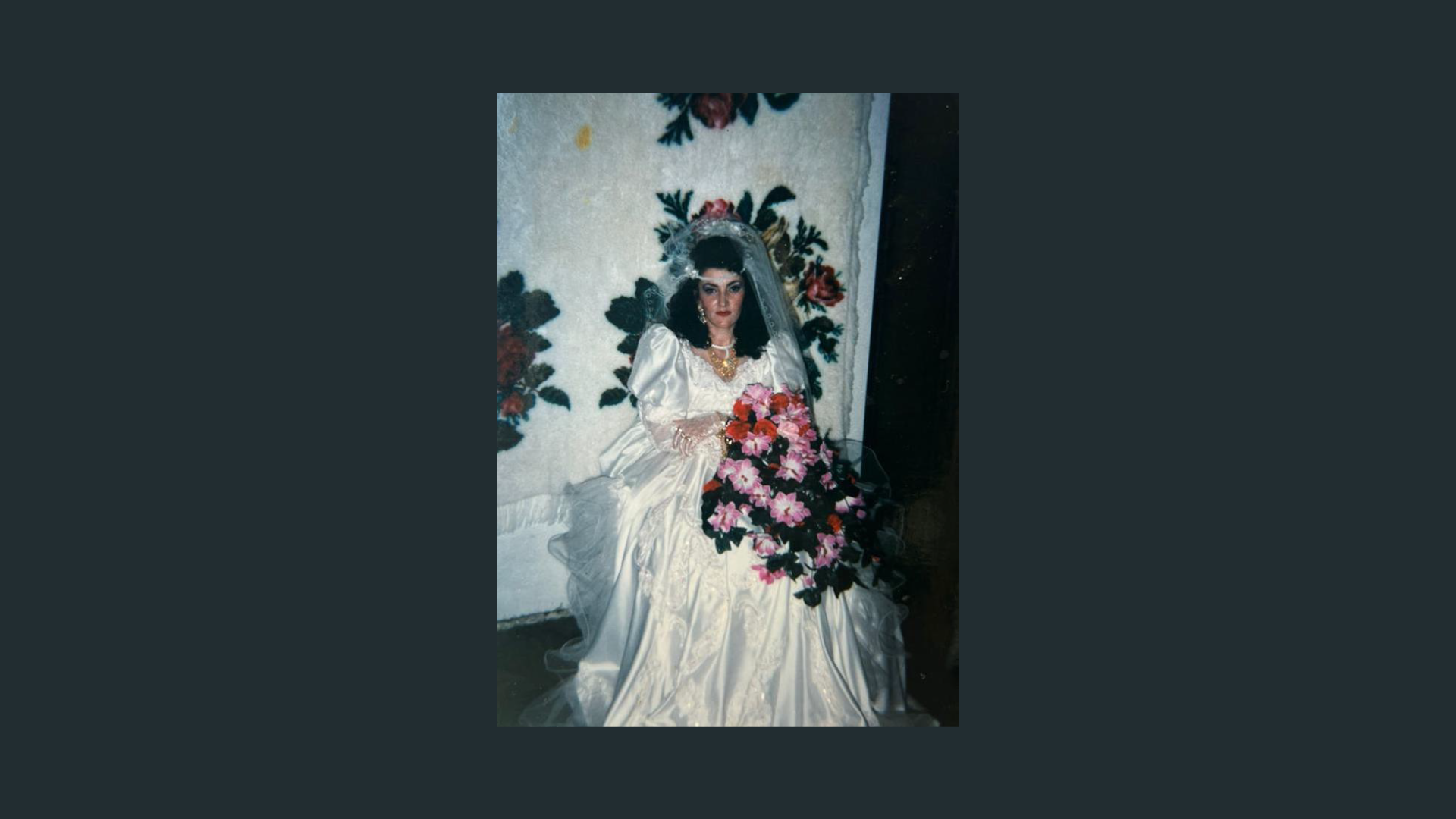
Strength in silence
A resilient woman’s journey through motherhood and wartime loss.
The driver was someone from the village, so she immediately asked him who was killed.
Incredibly, the brothers' widows gave birth to baby boys on the same day, within an hour of each other.
At this point, I was used to seeing her with that goddamn white headscarf.

Eriona Hoti
Eriona Hoti is a journalist who has worked for over seven years across various media outlets in Kosovo and Switzerland. She is currently pursuing her master's degree in Strategic Communication and Advocacy at James Madison University in the U.S., where she also works as a teaching assistant.
This story was originally written in English.